KIT studying production of MEAs for heavy-duty fuel cell vehicle systems
Green Car Congress
DECEMBER 23, 2020
Within the KliMEA project, researchers at Karlsruhe Institute of Technology (KIT) will study drive systems of heavy duty vehicles and fuel cell technology to find ways how future production of fuel cell components can be adapted to these expected new emissions requirements. Its core piece is the polymer electrolyte membrane (PEM).

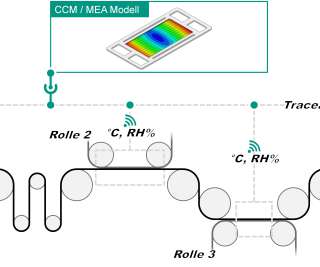
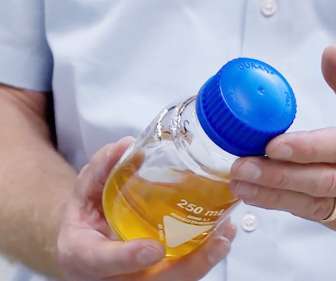
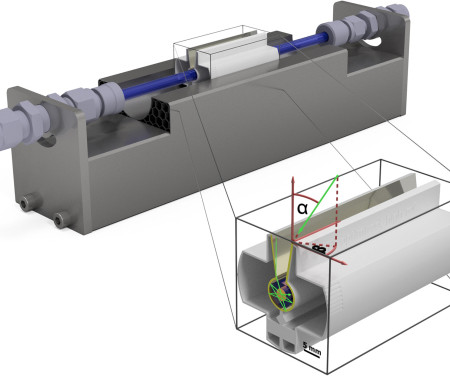
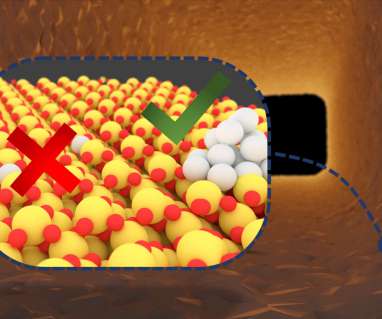

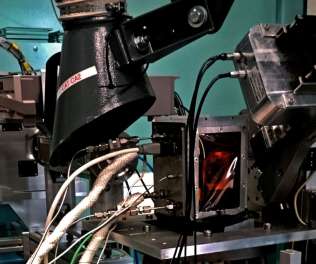











Let's personalize your content